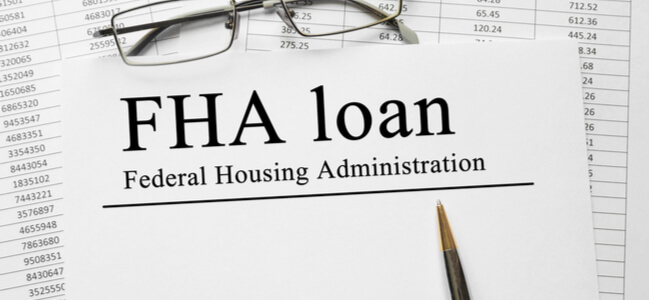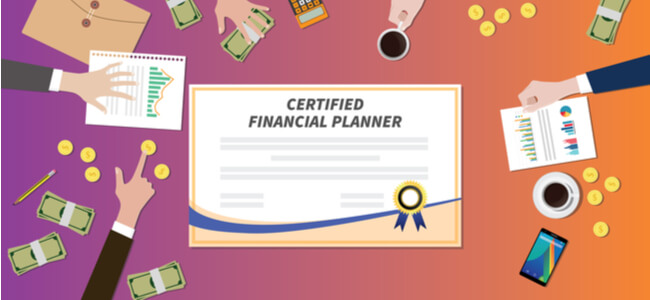Is It Wise To Borrow During The Coronavirus Crisis?

Financial emergencies can happen at any time, especially during the current coronavirus crisis which has ravaged economies worldwide. The unemployment rate in the US is at an all-time high as millions have lost their jobs. If you need money to make up shortfalls, the question of whether one should borrow at this time is important to explore.
Emergency Loans Available
If you face an unexpected expense and have little time, you can consider opting for short-term emergency loans. You can usually receive funds in a day or two, but often at higher interest rates.
Options include:
- Unsecured Personal Loans: With a good credit history, you can secure favorable terms.
- Payday Loans: Borrow cash and repay by the time you receive your next paycheck.
- Credit Card Cash Advances: Take a short-term loan based on your available balance.
- Title Loans: Borrow money against a car or home title.
All About Stimulus Checks
The Federal Government has made cash available to US citizens affected by economic shutdowns. The amount you receive through the stimulus package will depend on your income. Single adults with an adjusted gross income of $75,000 or less will receive $1,200.
A married couple with no children and an income of $150,000 or less will get $2,400. There is an additional $500 for every qualifying child, aged 16 or less.
People with higher incomes will receive a smaller amount. Singles with earnings of $99,000+ or married couples with no children and combined earnings of $198,000+ fall into this category. Children who are of college-going age and claimed as dependents on their parents’ incomes would not be eligible for a check.
You need a valid Social Security number to be eligible for relief. The IRS will make the payment directly into your bank account, based on your bank account information from 2018 or 2019 tax returns.
Unemployment Insurance
There are temporary changes until July 31 as to how the unemployment insurance system works in the wake of the relief package. These state programs now cover more people, which includes part-time workers and self-employed individuals.
People who cannot work because of coronavirus-related reasons also qualify in this scheme. This is for quarantined or furloughed individuals, who expect to return to their jobs soon.
Most of the states define their own rules for the benefit amounts. The calculation depends on your income from the past year, with a maximum limit. Some states are generous and offer benefits for 26 weeks, while others only provide benefits for a reduced duration.
Federal Student Loans
People with Federal Student Loans can expect relief without doing much. The government will categorize these borrowers into administrative forbearance. It simply means that they can stop making payments for a period between March 13 and September 30.
Interest will not be accrued during the administrative forbearance period. Even the accrued interest before March 13 will be exempted from the loan principal. However, borrowers have the option of continuing the payments if they are able.
The loan payments skipped under the administrative forbearance will count as loan forgiveness for borrowers. These will be a part of the public service loan forgiveness and income-driven repayment programs. However, this relief is valid only for federal student loans that the Education Department lends. It does not cover loans borrowed from private lenders.
What You Need To Remember To Stay Safe
As the crisis worsens in the US, it gives unscrupulous lenders a lot of opportunities to take advantage of people. Even during the foreclosure crisis, scammers promised people to get them connected to relief funds for a fee they could not afford.
Since the 2008 recession, the number of payday lenders has also seen a steady increase. You should avoid these lenders as they regularly target financially vulnerable people. Taking advantage of this crisis, payday lenders will usually offer loans with a lot of money up front, but with crippling APRs.
Even though federal laws have capped interest rates at 36% for an amount between $2,500 and $10,000, the rule does not apply to payday lenders. They can charge an interest rate as high as 376% or even higher, which is much higher than the APR for most credit cards.
Read more about:
What Are Payday Installment Loans
How To Rescue Yourself From Payday Loan Debt
Payday Loans vs Installment Loans
Conclusion
Crisis or not, borrowing is a tricky proposition and your financial situation can always change. The economy under the current coronavirus crisis might take a while to turn around.
However, it is understood that many millions of Americans are in the same boat, so therefore, federal and state governments are putting protections in place to avoid mass credit default that will further damage the economy.
If you decide to borrow right now, make sure you research and understand all rules and protections in the state you live.



